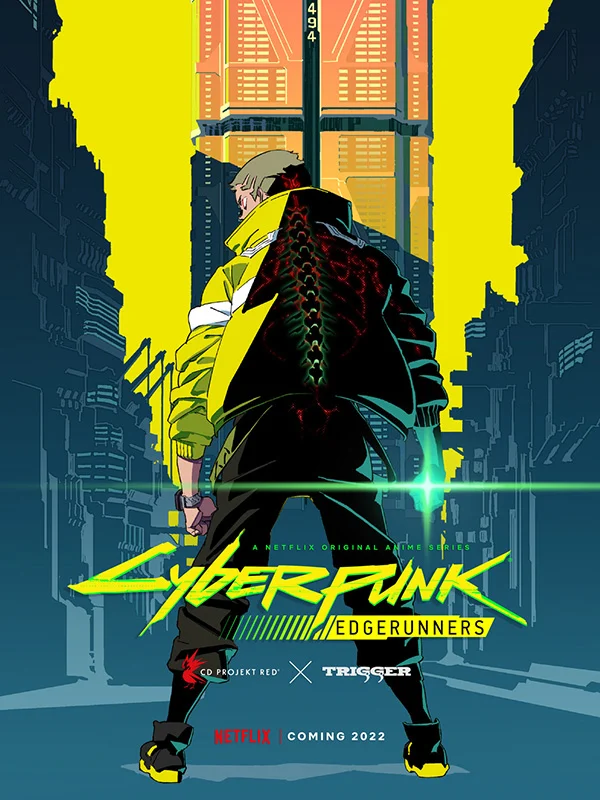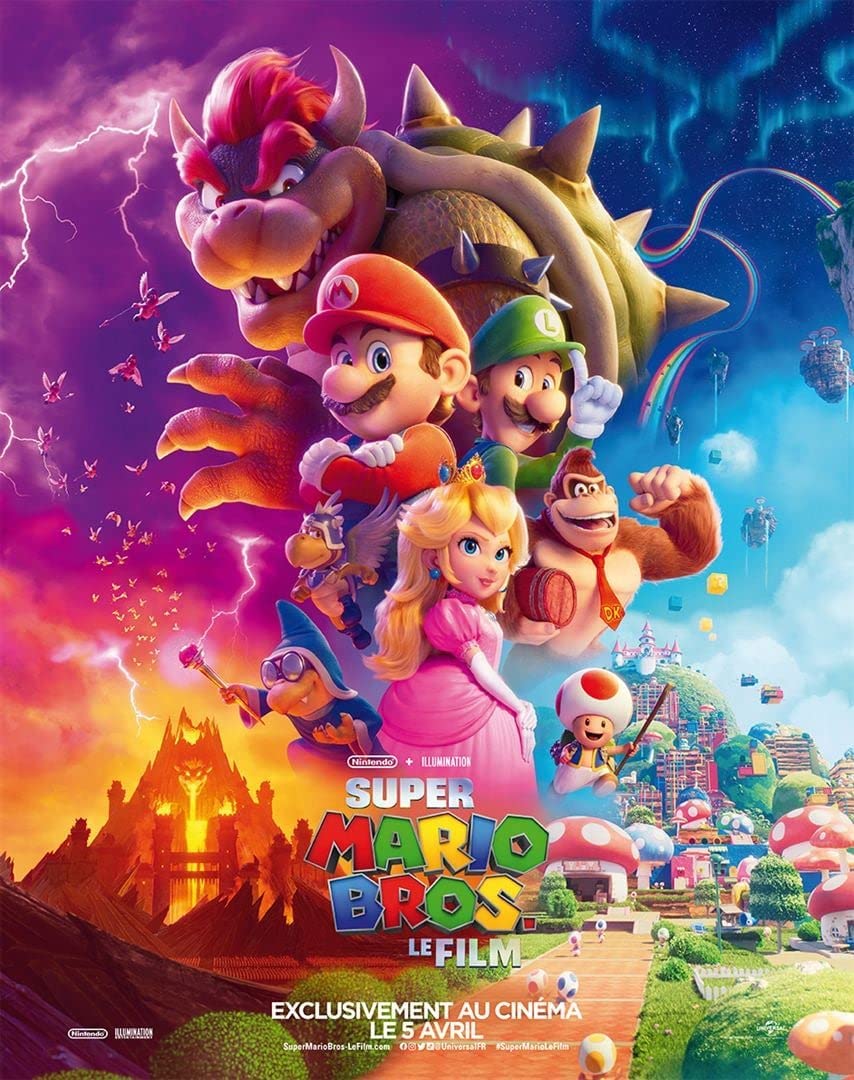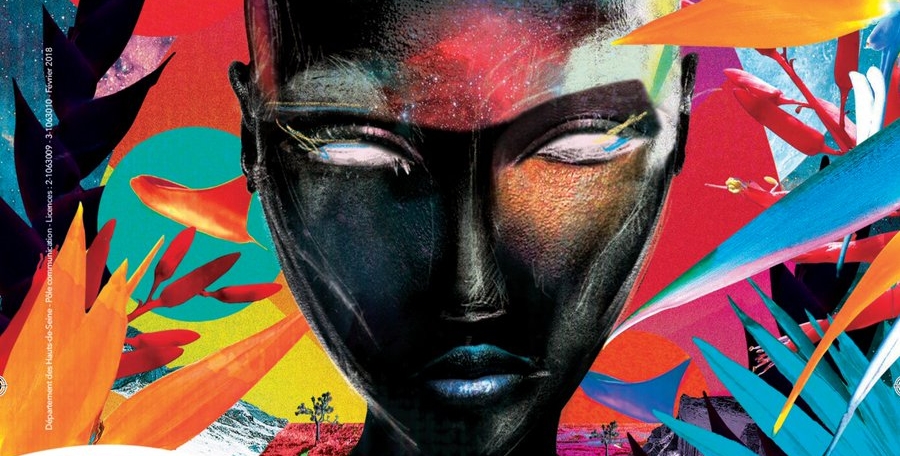Since the announcement of the movie Assassin's Creed, we worried and it's normal! Indeed, video game adaptations on the big screen have rarely been a great success so for a series of games that was already questioned by many fans and has also been paused, it was normal that Ubisoft was expected at the turn. The latter have parried by offering a cast of choice namely mainly Michael Fassbender and Marion Cotillard who are safe values of Hollywood but also, and there we saber the champagne: Jeremy Irons and Charlotte Rampling. Ok, so for the casting, a priori, we have no reason to complain. As for the fear of seeing "commercial dung" land for the sole purpose of making money, we can also dismiss it: we know from the outset that we start on the best intentions in the world by offering an unpublished story, a historical period not yet treated namely, the Spanish Inquisition of the fifteenth century (a period not very funny, especially for the Spanish) served by star actors including Fassbender who is also a producer (therefore invested in the project). On the production side, we must admit that it is a little more obscure. Indeed, the prod pays for the services of Justin Kurzel who … directed Mac Beth, an adaptation of a play by William Shakespeare, already starring Fassbender and Cotillard. On the critical side, the film was received in a mixed way, some glorifying the fan service, others rejoicing that the film does not follow the games. Personally, I went to see him with the best hopes knowing that Assassin's Creed is one of my favorite series. I will therefore criticize it by focusing on the film, but also on its symbolism in relation to the games.
A very nice visual
So let's start at the beginning. So what does this movie look like? Well we must admit that it has a mouth. The environments are quite exotic and the camera movements are very well thought out when they aim to pay tribute to the landscapes. Moreover, we will quickly distinguish between the past and the present thanks to a fairly effective color code. The Spanish Inquisition is always presented by the orange dominance, which symbolizes the troubles of an era, and on the contrary the present by the rather cold blue for a time when conflicts are resolved in the shadows. I take this opportunity to specify that the music is excellent and punctuates superbly each sequence.

Uneven staging
Justin Kurzel 's name was not necessarily reassuring at first, and there was something. Where staging can be effective in presenting places and plays effectively to give impressions of large spaces (which is also consistent with video games where cities are explorable in open world), it wallows systematically on action scenes. Indeed, Justin Kurzel uses a lazy tendency of recent years which is to use an epileptic montage to give an impression of dynamism on action scenes. Well it is true that we have clearly seen worse (Taken 3, in particular) but here we are in front of a relatively indigestible montage. We find ourselves inflicting four different shots for a single action, and this, in less than a second. This leads to two things: the headache, already, but above all an extremely confused readability of the action. And the worst thing is that everything is extremely well choreographed, but because of this epileptic montage at will, this quality can only be appreciated.

An interpretation far from being up to par
It's still crazy to see such big names in the cast and to find yourself in front of such a bad interpretation. At the same time one might have expected it. The fact that Kurzel gets the two main actors of MacBeth proved that he wanted to stay in his comfort zone, so Michael Fassbender and Marion Cotillard were not chosen for what they had to bring to the role, but probably for the "it's okay, we can afford them and in addition I have already worked with them so why deprive ourselves of it? ". Except that Fassbender is almost a spectator of his own story: neither the hyper violent side of his character evoked at the beginning, nor his doubts later are felt in his game, just by a few sentences snatched away. Cotillard is not much better since she does not seem to understand what she is playing. Her text implies that she is very naïve about the accomplishment of her main objective and that she is supposed to ask herself questions but… For the nuanced acting, we will go back because it is totally transparent. And to be clear, I'm not part of the "well, her death in Batman sucked so she's not a good actress." I recognize a certain talent and even great roles that she has carried, but this one is a complete failure. To finish the disaster, the VF is not terrible and especially for its dialogues elsewhere, which is a shame, since it is Marion Cotillard herself who has doubled herself. So, nice general fail.
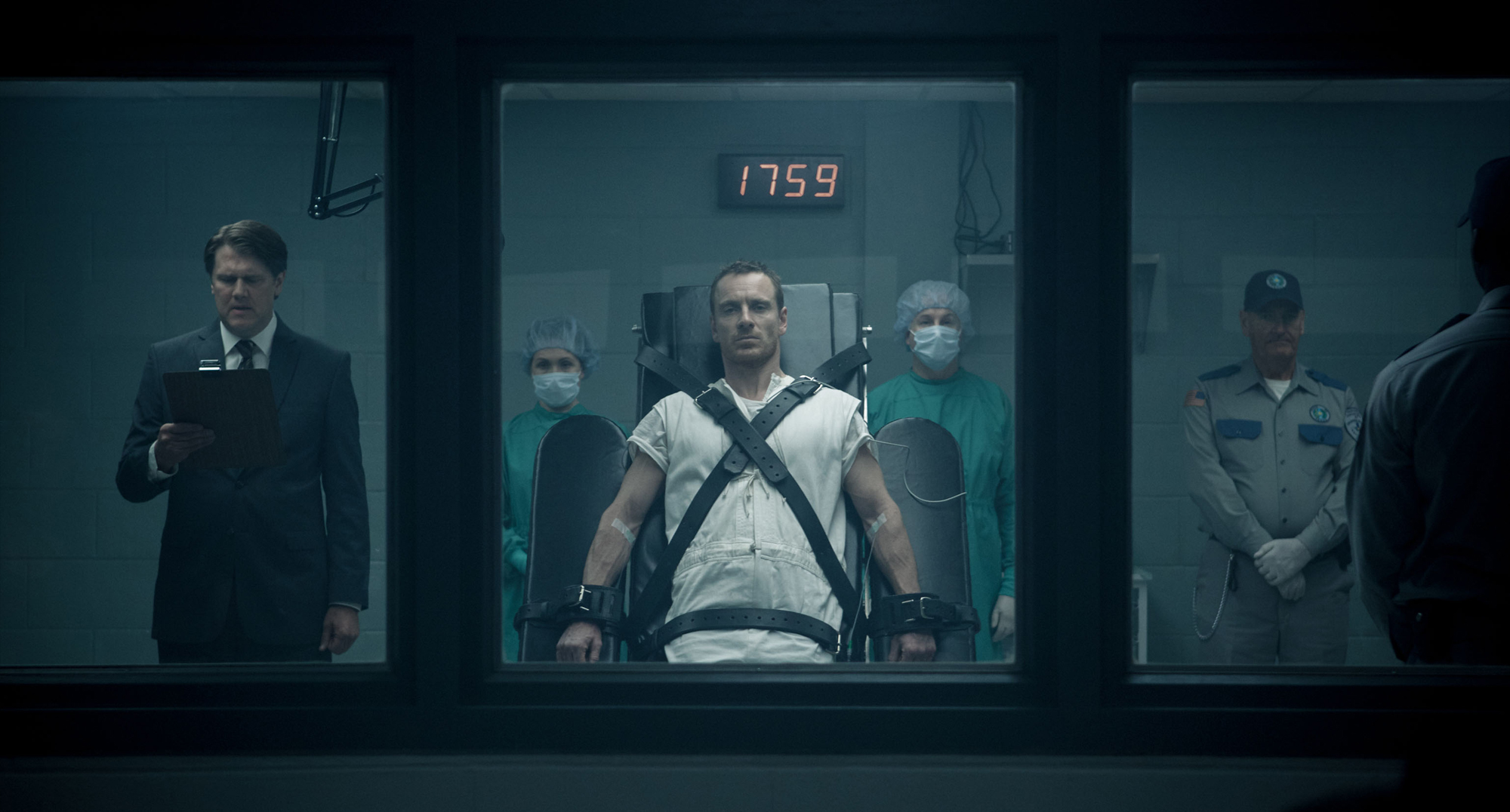
Well, from now on, since the form is treated, we will move on to the substance. So I'm going to have to spoil blithely, so if you haven't seen the movie and you want to keep the surprise… Break (and kiss!).
Fan service
On video game adaptations, we have seen a little bit of everything and anything on fan service. Must say that it is very practical, just stall a little in any mediocre film and bim fans do not complain! Well in this case, it is quite omnipresent but not necessarily insulting. The Apple of Eden is reused as a miracle artifact that could have been anything else, but it doesn't matter. We find hoods and other retractable assassin blades, that's the base we will say. The use of an eagle to follow the landscape shots was, good, but not every time, because it ends up being slightly too pressed, going from a complicit wink to a big elbow inflicted in the ribs of the viewer. On the other hand, basically, the Animus is an armchair that sends you to explore the genetic memory of your great-grandpa, so why make it a kind of mechanical arm that makes you reproduce in the present the events of the past? Especially since the parallel montage of the actions of Aguilar de Nehra (ancestor of Michael Fassbender's character), with that of Callum Lynch (his present self) brings an additional degree of confusion to his epileptic character, especially when we see him climbing invisible walls, towed by his giant mechanical arm.
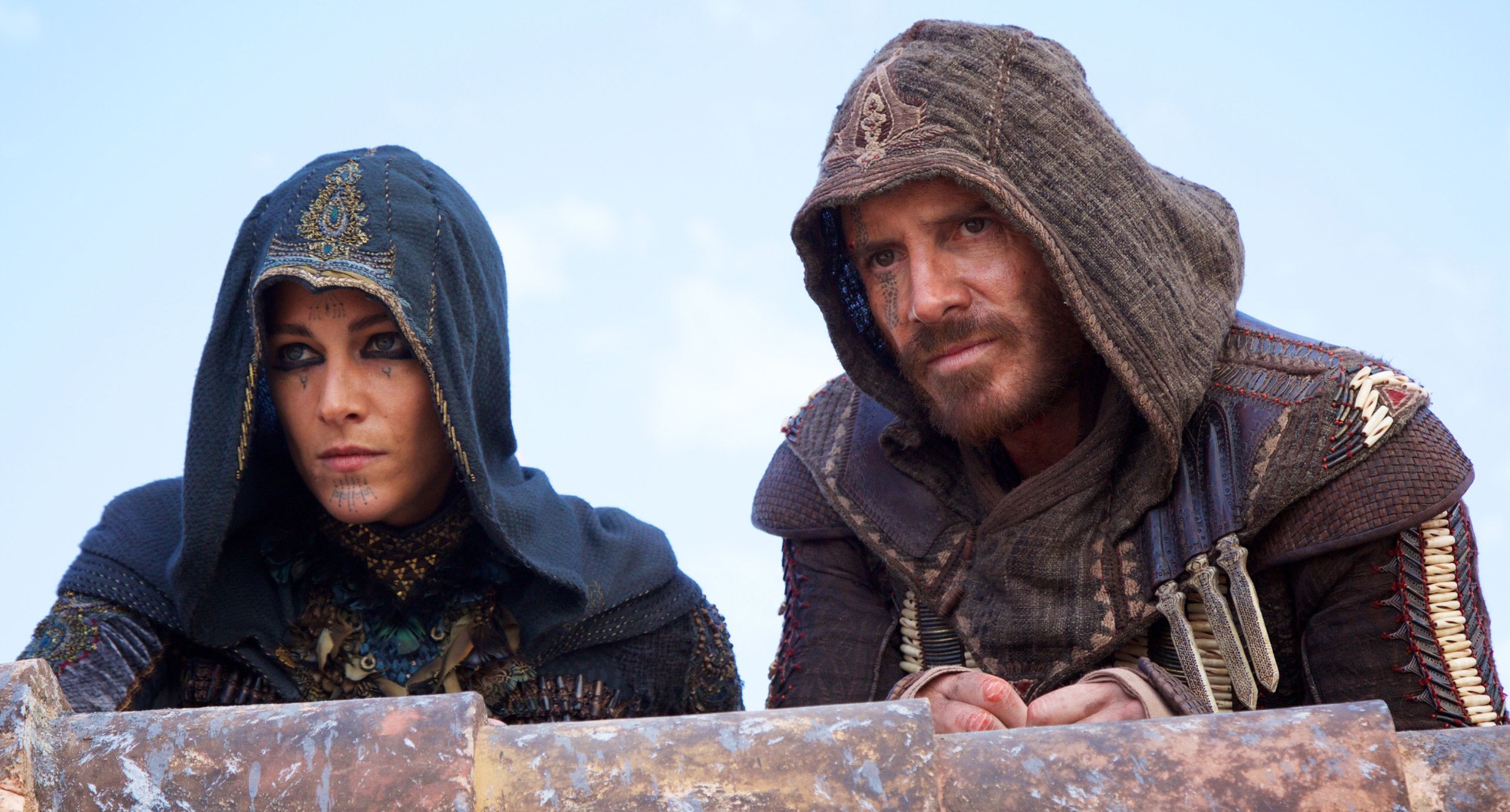
Strawberry contextualization
For me, Assassin's Creed suffers from aggravated Star Wars 7 syndrome, that is, it completely misses the presentation of its universe. Who are the two factions? How have they evolved over time? How come we have Templars in the XXI century? Wasn't they guys in the Crusades? And in fact, suddenly, the murderers are the good guys? The problem being that, although presented as self-sufficient, Assassin's Creed the movie needs the games not to lose the viewer. The characters also suffer from a cruel lack of background. Seriously where do they come from? Almost nothing is known about their motivations, which are summarized at the bare minimum: the Templars want to annihilate free will to prevent the assassins from opposing them. So already at the starting point of the film, the clan of assassins has practically been annihilated, and obviously has the only reason to exist to prevent the Templars from annihilating free will. So without the will of the Templars to counter the assassins, there are no more assassins since they would have no reason to counter them? And isn't destroying humanity's free will also rendering the Templars devoid of free will? What is this desperate plan? How did they get here? Are they completely idiots? For the main character it is not better: we find him at the beginning sentenced to death for murder. He later says that he killed a mackerel (probably so that we find him not so bad) and that he was transferred from foster family to foster family, that violence was his weapon to survive (blah blah) but we will not know more. Nothing will allow to attach to the character who seems totally devoid of psychological interest. Lack of interest also reinforced during his multiple reversals of jackets that border on the Deus Ex Machina. And besides, we see his father at the beginning, just after killing his mother. And we find him 30 years later after being captured by the Templars, played by Brendan Gleeson (known for playing Maugrey "Mad eye" in the Harry Potter saga). So the father of the hero with the slender physique of an assassin took fifty kilos in thirty years while he was in detention at Abstergo ? Seriously?

Inconsistencies or inconsistencies, it's up to you, but the holes in the scenario are there. Mainly because we feel that Assassin's Creed the movie is supposed to be the starting point for many sequels. To understand: "no worries if you want to understand will have to go see the 2" except that already, the story is not so original since it slightly recalls the detention at Abstergo of a certain Desmond Miles by Dr. Warren Vidic, and especially that a film is almost condemned not to have 2 if it does not work at the box office, and obviously the results are far from grandiose in the United States (it is Fassbender who must be happy to have invested, hold on!). Honestly I also think the guys thought, "It doesn't matter anyway everyone who goes to see him knows the games." Except that let's give back to César what belongs to Yves Guillemot : it's still much better fucked up in games. I am well aware that there is today a fairly regular and unfair bashing around the Assassin's Creed license (which stems from a very real fatigue of the players, it must be admitted) but if we analyze the factions in the games: the Templars want to rule the world so that it works properly. They want to control all aspects of society to protect people from chaos, even if it means creating inequality. For them, they are the necessary evil for the world to stand up, even if some Templars enjoy their privileges a little too much. The murderers want anarchy. Power to the people. Whether the latter does something good with it or not, it does not matter: he must choose his destiny whatever it takes. The importance of free will and non-Manichaeism are therefore themes dear to the series, totally simplified here to arrive at the simple "Good VS Villains". At least that's the impression left by the lack of background. This is the biggest failure of the film. This and the final scene, happy mess where nothing makes sense. Why is Marion Cotillard 's character so firmly opposed to her father? How do three assassins manage to infiltrate the Grand Lodge of the Templars? How did Callum Lynch get through the room where all the Templars gathered to kill one of their most prominent members without anyone intervening? Was the security service falling asleep playing Final Fantasy XV ? Why does Callum Lynch reveal herself to the character of Cotillard when she could have, and even logically should, have triggered the alert? Why does she let him murder her father? Why does she want to take revenge on the other right after when she let him do it? Did she think he was just going to tell her it's not right? These are questions to which we will probably never have the answers.

































